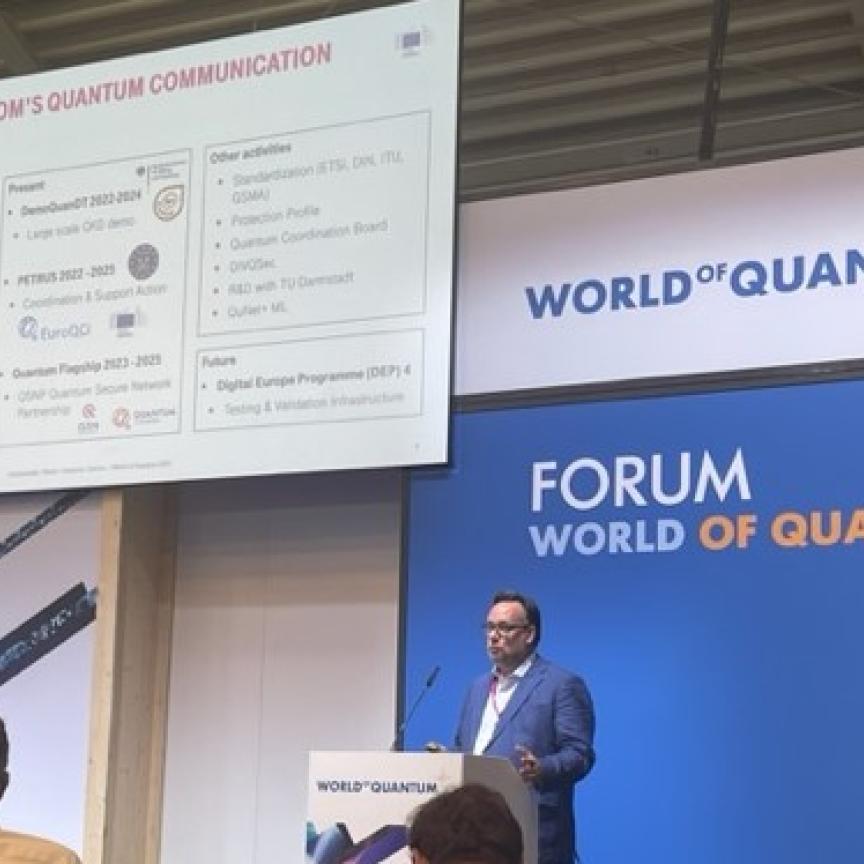Fibre to the home or building (FTTH/B) adoption in Europe is gathering pace, with the total number of subscribers increasing by 29 per cent in 2013 – substantially faster than the year before when growth was around 15 per cent – according to the latest update to the European FTTH market panorama, which was unveiled at the FTTH Conference 2014 at the Stockholmsmässan exhibition centre yesterday.
In total, 13 countries in the EU have experienced growth greater than 30 per cent in FTTH/B subscribers in the past year, including Spain (64 per cent), the Netherlands (43 per cent), France and Portugal (each 41 per cent).
In absolute figures the leading nations in Europe’s EU28 are France and Sweden, which exceed 1.2 million FTTH/B subscribers each. Russia remains a heavyweight with nearly 9 million FTTH/B subscribers (of which 1.4 million were added in 2013), while the Ukraine has 1.3 million subscribers, and Turkey has 1.1 million. Outside Europe, China and Japan are the unmatched world leaders, with 37 million and 24.7 million FTTH/B subscribers, respectively.
According to analyst firm Heavy Reading, a country only reaches 'fibre maturity' when 20 per cent of its households are FTTH/B subscribers. So far only nine countries around the world have reached this threshold, and only three of them are European. The United Arab Emirates leads the Global FTTH Ranking(1) with an impressive 85 per cent of homes subscribing to FTTH/B, followed by South Korea, Hong Kong, Japan, Singapore and Taiwan, with subscription rates ranging from 63 per cent to 37 per cent. The first European country, in seventh position in the Global FTTH Ranking, is Lithuania, with 100 per cent coverage and 34 per cent penetration, followed by Sweden (26.5 per cent) and Latvia (23.3 per cent). All other European economies remain below the 20 per cent threshold.
In 2013, the four countries that have benefited from the biggest roll outs are Spain with 2.4 million new homes passed, France with 710,000, Portugal and Sweden with 550,000 each. This shows that even countries deemed 'mature', such as Sweden, still have room for growth, says the FTTH Council Europe. Germany and the UK both have less than 1 per cent penetration, and once again conspicuously failed to qualify for the FTTH ranking.
'We need to do more and I can’t help but feel that some policy makers underestimate the danger of not getting to fibre to the home networks quickly enough,' said Karin Ahl, president of the FTTH Council Europe, in her opening speech at the FTTH Conference. 'Within the next 30 years, 70 per cent of the economy is likely to be driven by firms and products we know nothing about today.'

